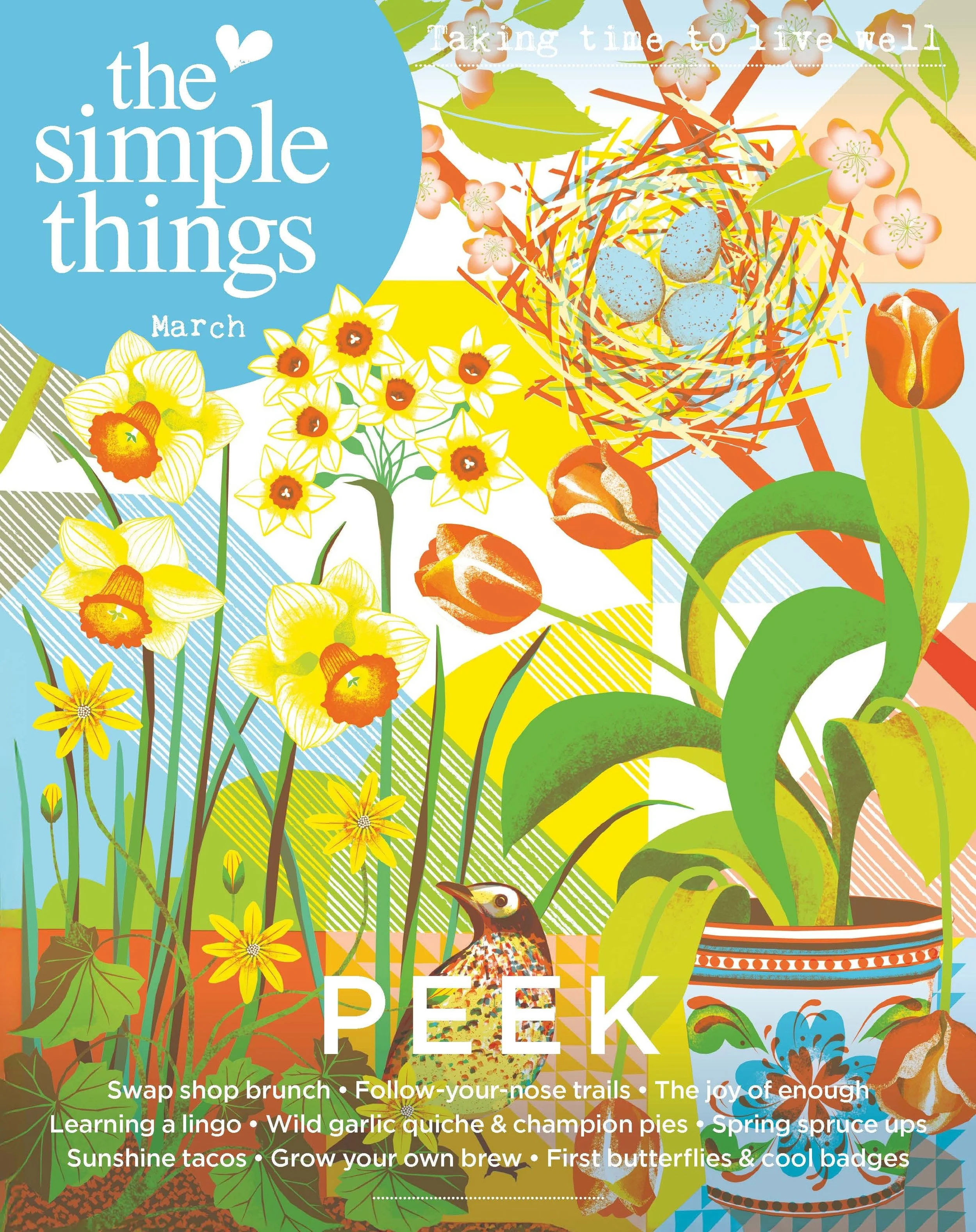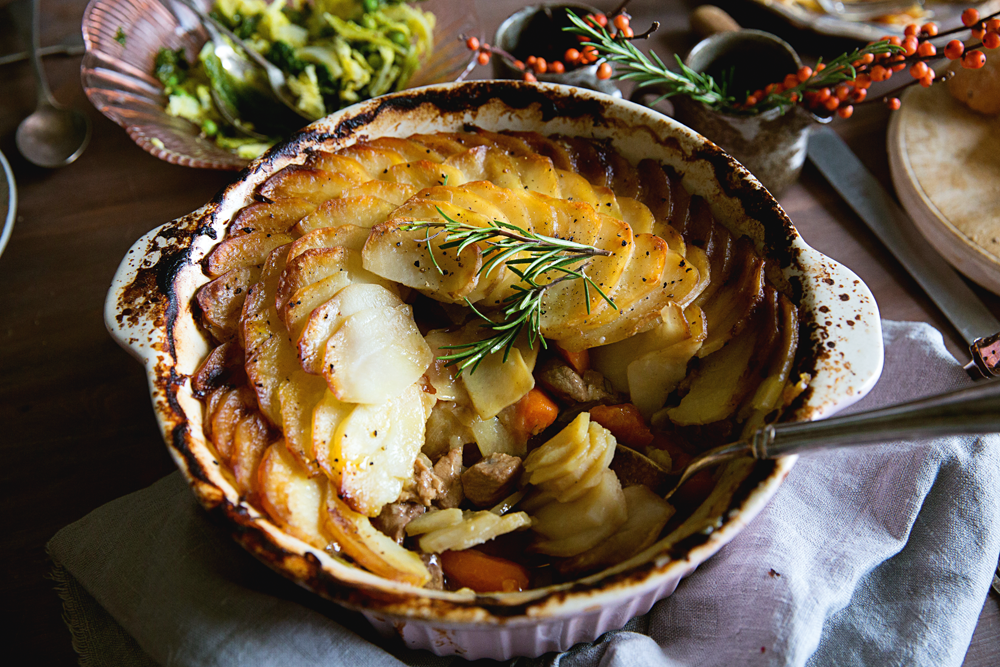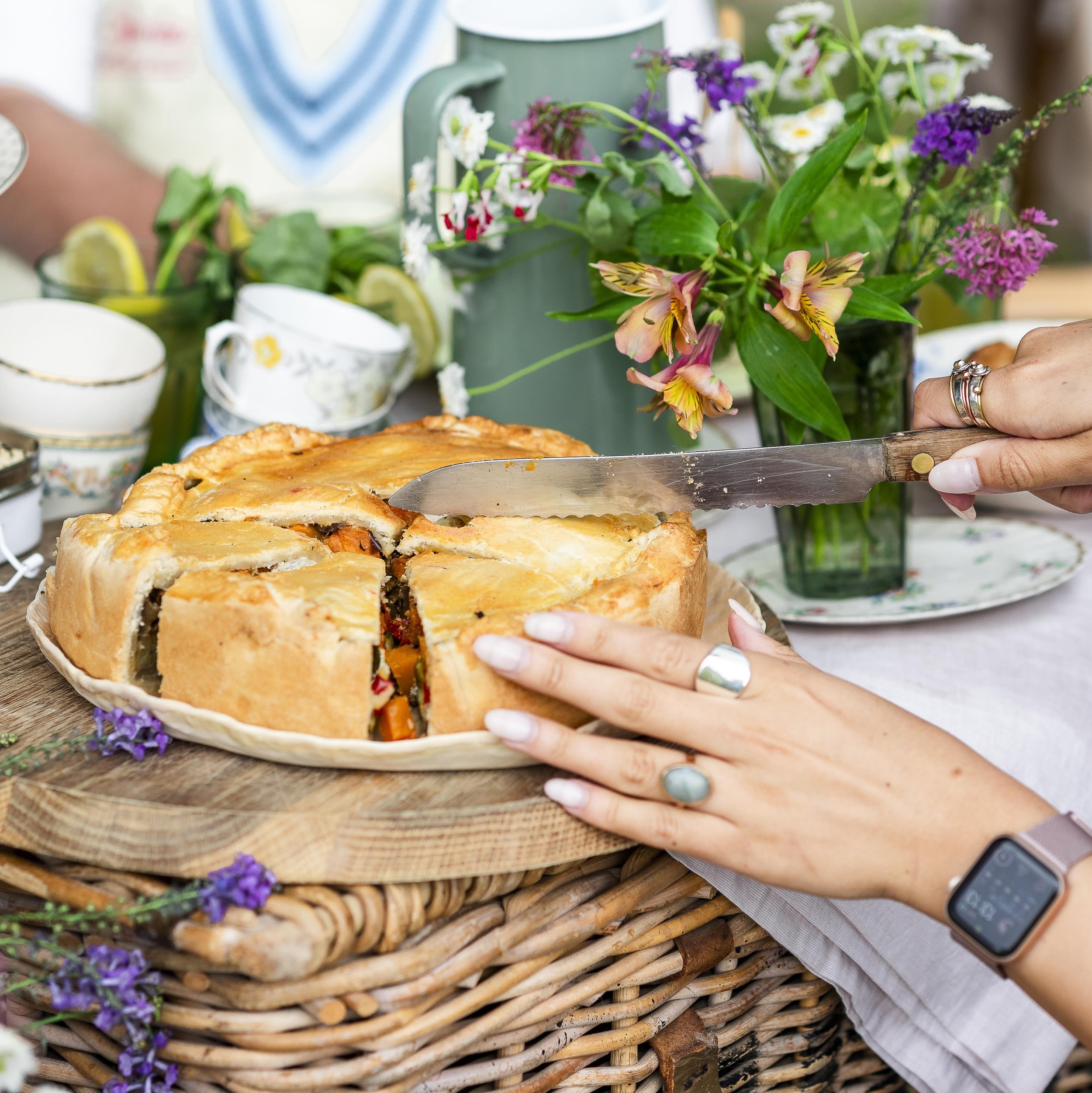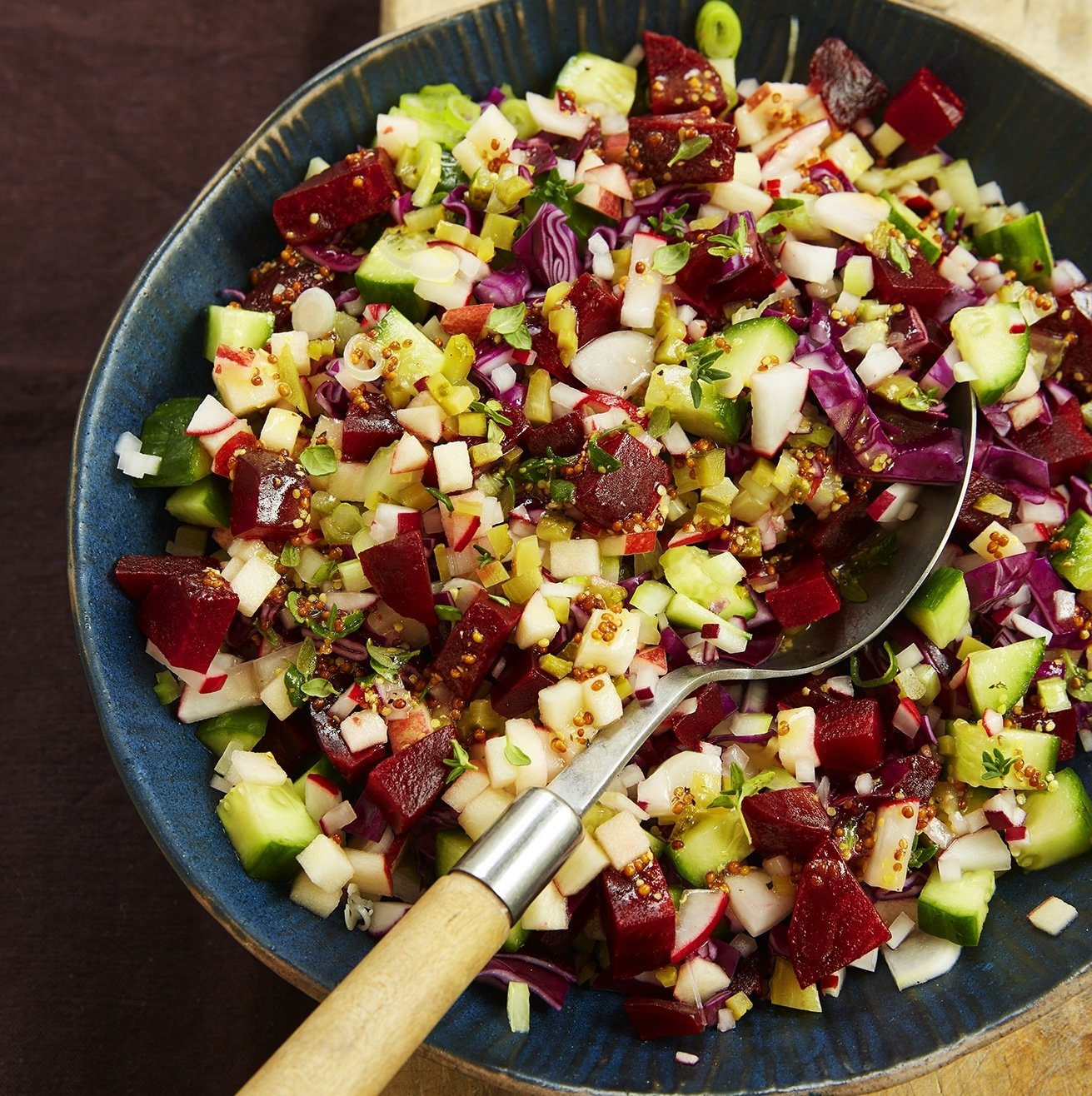Once seen as an extreme and restrictive lifestyle choice, veganism is now fashionable, thanks to high-profile followers, awareness of the health benefits, and concerns about environmental and welfare issues.
According to a recent survey from The Vegan Society, there are now record numbers of vegans in Britain. In the past decade, numbers have more than trebled, driven mostly by the young (almost half of vegans are under 35). Its growth is also due in part to the increase in positive media around veganism. “Jay-Z and Beyoncé were widely reported as following plant-based diets,” says Samantha Calvert at the Vegan Society. “When people who have the greatest choice and the most money choose it, people who aren’t vegan think there must be something about this – if this beautiful, successful person is vegan, it can’t really be a weird, cranky, sandal-wearing thing.”
Established in 1994, World Vegan Day on 1 November marks the start of World Vegan Month, with festivals, fairs, and bake sales around the world. Recently, veganism has been embraced by the mainstream, with high-street restaurant chains and supermarkets offering myriad vegan options. M&S has just launched the high street’s first vegan wrap, a mix of squash, tabbouleh and sumac (after research showed that 63% of their customers want to reduce their red meat intake), Pret A Manger has opened two veggie stores, with vegetarian and vegan choices, and London has its first all-vegan supermarket, Green Bay in Fulham.
WHAT IS VEGANISM?
The term ‘vegan’ was coined in 1944 by Donald Watson when he founded the Vegan Society (whose aim was to end the suffering and killing of animals). Initially he used it to mean ‘non-dairy vegetarian’, but from 1979 the society defined veganism as “a way of living which seeks to exclude, as far as possible, all forms of exploitation of, and cruelty to, animals for food, clothing or any other purpose”.
In practice, veganism is a type of vegetarian diet that is plant-based (vegetables, fruit, nuts and grains) and excludes all animal foods, including meat, fish, dairy, eggs and honey (which is mostly produced from farmed bees). Even wine (red wine is often filtered using egg whites to reduce harsh tannins), beer (widely clarified using isinglass, a collagen made from dried swim bladders of fish), and cider (clarified using non-vegan ingredients including gelatin from an animal-derived source) are off limits.
Eating a vegan diet is the single biggest thing you can do to reduce your environmental impact. With the world’s population predicted to reach 9.7 billion by 2050, global food shortages will become an issue as we run out of land to feed a population on an animal-based diet. Growing vegan food uses 50% less land than animal agriculture, while producing a kilo of beef requires about 15,000 litres of water, as opposed to just 180 litres for the equivalent amount of tomatoes.
Plant-based diets tend to be low in saturated fat, high in fibre and full of antioxidants, all helping to reduce the risk of heart disease, type 2 diabetes and cancer. Although, conversely, one of the most common arguments against veganism is the increased chance of nutritional deficiencies, such as vitamins B (found in meat, fish, dairy) and D (found in oily fish, egg yolk, meat offal), of which vegans are advised to take supplements.
WHAT TYPE OF VEGAN?
It’s not simply a question of being vegetarian or vegan any more
CLASSIC VEGAN
Eats an entirely vegetarian diet, which extends to any food produced by animals, such as eggs, dairy products and honey.
PLANT-BASED VEGAN
Believes in a strictly plant-based diet and follows this lifestyle for health purposes. Typically tries to steer clear of junk food and focuses on eating unprocessed or minimally processed vegetables, fruit, whole grains, beans, legumes, nuts and seeds. May not have strong views on animals so could consume honey or fish oil, wear leather or fur, and use products that contain animal by-products. Not to be confused with the ‘clean-eating’ trend, which is about eating whole foods, or ‘real’ foods — but that can include dairy and meat.
JUNK FOOD VEGAN
Has probably chosen this path for ethical (usually animal rights) rather than health reasons. Any food is allowed (including chips), as long as it doesn’t include animal products – just because you are vegan, it doesn’t necessarily mean you are healthy.
RAW VEGAN
Eats unprocessed raw vegan foods that have not been heated above 115F (46C), believing this kills its enzymes, thus a significant amount of nutritional value. Also includes fruitarians (who exclusively eat fruits, berries, seeds and nuts), sproutarians (whose diet consists mainly of sprouted seeds) and juicearians (who process raw plant
food into juices).
FLEXITARIAN*
Dabbles with a vegan diet part time, so eats a plant-based diet with the occasional meat meal thrown in. See Mark Bittman, whose book VB6 (Sphere) advocated eating vegan meals only before 6pm, and then eating as you would normally in the evening.
* See page 48 of October's The Simple Things for flexi-vegetarian recipes. Turn to page 85 for more on veganism.








